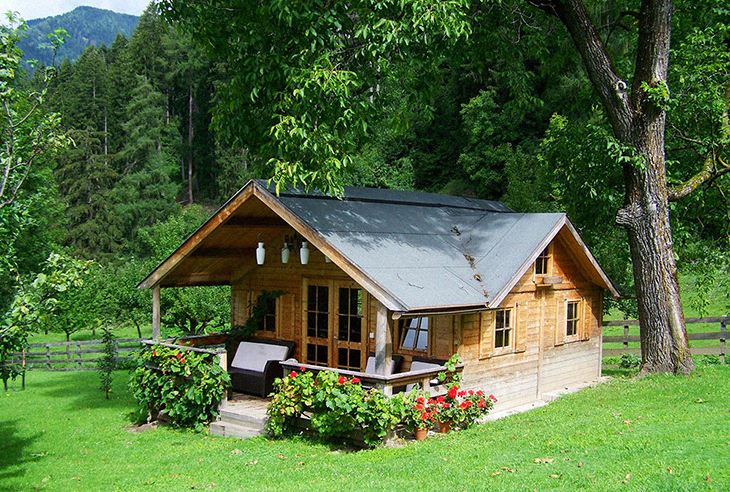
The idea of living off-grid has come sharply into focus in recent times for any number of reasons, such as climate change challenges, geopolitical instability, and even the simple desire to live a more simple and sustainable life.
The concept appeals to many of us but how easy is it to be truly living off the grid and free of all of the usual amenities at our disposal?
When most of us think of ways to live off the grid one of the first things we are drawn to is fitting solar panels to be able to harness our own energy. There are plenty of other things you can do besides capturing the sun’s energy to power your home and here are some of the pros and cons of what it means to live off-grid.
A sense of independence
One of the most appealing aspects of going off the grid would be the fact that you are potentially taking greater control of your energy costs and enjoying a greater sense of independence. That could be important when pressures seem to be mounting when it comes to grid capacity and rising fuel bills are putting households under strain.
Solar power is more affordable than it has ever been and another key point to remember is that battery storage costs are also falling as renewable energy becomes more widely available to those that want it.
With electricity prices rising and solar power becoming more affordable all the time, it is a great opportunity to increase your sense of independence and self-sufficiency.
The payback period makes it a worthwhile investment
Of course, deciding to live off the grid has financial consequences and you will have to commit to a certain amount of financial outlay in order to set your home up with the solar energy system it needs to be self-sufficient.
Another positive point in this respect is the fact that solar is now considered to be more affordable than ever before. One of the main reasons for this is that battery system prices have been falling and that means the payback period is often shorter than the warranty period.
In other words, your investment in solar energy can be justified when you know that the payback period is short enough to make financial sense.
Changes to your lifestyle
Although it could be argued that the pros tend to outweigh the cons when it comes to deciding whether to live off the grid there are a few key points to bear in mind.
Firstly, even when you invest in a solar system that meets your usual energy needs you might experience usage spikes and you will need to have a contingency plan to account for this scenario.
Secondly, you may have to make some minor changes to your lifestyle so that you keep your energy requirements to a level that matches the output of your solar system.
Maintenance costs
Generating your energy through solar power also means you assume responsibility for the maintenance of your system.
You will need to factor ongoing maintenance costs into your calculations when you are evaluating the pros and cons of living off the grid.
If you take these important points into consideration you should be able to decide whether you are ready to take greater control of your energy requirements.


